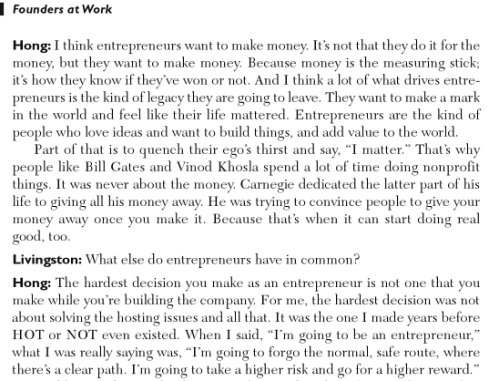Composer’s Block and My Writing Process
I’m sitting at my home studio, staring into my equivalent of a writer’s blank page, and nothing is coming. I’ve been through this cycle a hundred times before, but it never gets easier. My fingers trace over the same tired chord progressions – the problem isn’t in the chords, it’s in how I heard them, of course – and nothing comes. And then the Vampires start to creep in: “I’m not good enough. What am I even doing?” From Elizabeth Gilbert’s brilliant TED Talk:
I fell into one of those, sort of pits of despair that we all fall into when we’re working on something and it’s not coming and you start to think this is going to be a disaster.
Not just bad, but the worst book ever written.
I’ve never actually believed in Composer’s Block, unless it’s a perpetual, ongoing thing. Free-flowing melodies – call it “inspiration” – come so rarely, that they are almost miracles. Struggle is the norm in my art. My best work comes from fighting myself to write – fighting for hours, day after day, until I pick up crumbles of music off the floor. So, staring into my blank Logic screen, I am disheartened (as usual,) but not surprised. I know that what separates me from a good piece isn’t divine approval, it’s the willingness not to give up.
The process is nearly identical every time, and I’ve often shared it with friends. Some of the Days below actually take a day – others can take several, or even a week.
- Day 1: I struggle with messy ideas, bouts of self-doubt, and miserable feelings of worthlessness. I write down a dozen variations, and delete eleven of them, because they’re not even worth a second look. I think: “who am I to even try to be a composer? I’ve never written anything good, and if I have, it was by chance. This work is going to be a disaster, if anything comes of it.” At the end of the day, I either dump the project altogether in a rotten mood, or leave a few variations on screen.
- Day 2: The ideas have had some time to percolate, and sometimes, I’ll sit down with new variations in mind. Often, especially, if my head has been in the music for weeks, Day 2 is a repeat of Day 1, and nothing comes. Sometimes, I’ll listen to a variation from before and see potential – and start drafting something more concrete. At best, at the end of Day 2, I’ll have a messy sketch of an idea.
- Day 3: “Hey, this has potential!” Inspired by having something to work with, I get into the arrangement and orchestration, finding the best instruments and sounds for the music. This, at best, is where new ideas start coming. I feel empowered and inspired to create, and enter the state psychologists call “flow.” Opposite of Day 1, I begin to feel almost arrogant (which is really dangerous!) – like I’m doing important, crucial work, and the music I’m writing is really great and special.
- Day 4: With a part done, it’s often time to add new musical ideas: another part (a bass line?) or another chorus, or another movement. I freeze up in paralysis – “I finally had sometime worthwhile, and now I’m going to ruin it.” Here, I have a tendency to think of my past work as inspiration- or luck- driven, and once again go back to Day 1. Oftentimes, especially if I’ve reached a crucial moment in the music, I can be stuck here for days. Once, I spent 2+ weeks in one of my worst struggles ever. It resulted in some of my most successful musical writing, but I wanted to beat my head against the wall in the meanwhile.
- Day 5: Write, write, write. Hopefully, at this point, I’ve already figured out what I want to see, and I have the melodies down. At this point, I need to arrange, orchestrate, mix, edit, record – all tasks a bit more technical than free melodic writing. This is the part I’m both good at and enjoy thoroughly.
- Day 6: The final push – the ending. With the majority of the piece done, I’m back to Day 4 with the ending. “What if I ruin it?” It’ll usually take me a few days to wrap up, and even then, my endings are often weaker compared to the pieces themselves. I’ve given everything I had, and I just want to stop.
Often, weeks will pass before I’m able to listen to and evaluate my music with reasonable effectiveness. Sometimes I’ll be very pleasantly surprised – 80% of the time, I’d say, if I really gave it my best work. Sometimes, I think there’s a lot to be added.
Either way, the process, however predictable, is something that I go through every time. Right now I’m in Day 1, and it’s not pretty, folks.
How do you deal with artistic block? Whether you’re a writer, a painter, a composer, or a sculptor, how do you approach your creative process?





